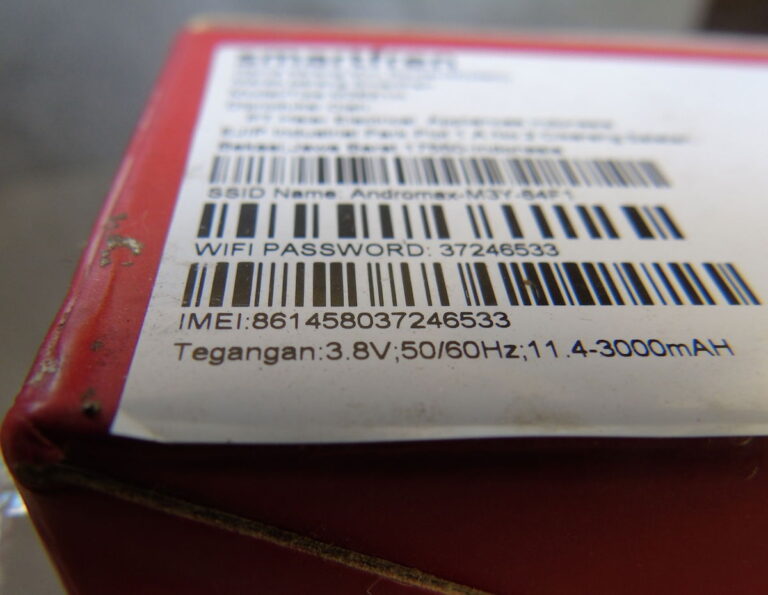
Google has been the default search engine for decades — but in 2025, that grip is loosening. Credit: Luca Sammarco from Pexels via Canva.com
Google has been the internet’s homepage for the last two decades. However, in 2025, a new trend is emerging, as users become tired of scrolling past sponsored links and SEO-optimised noise. Something is evolving, and people are starting to ditch Google. From ChatGPT to perplexity, these AI-powered search tools are offering something radically different: answers with context, not clutter. It is evident in traffic charts and user habits, as well as in how they discuss the search itself. This isn’t just a technology upgrade; it’s a fundamental shift in how we find the truth, discover ideas, and navigate the internet without being interrupted by ads.
Why people are ditching Google
For years, Google was the front door to the internet, but lately, the door has been creaking under the weight of everything.
- SEO farms that game the system.
- Sponsored results are flooding the top half of the page.
- Clickbait headlines with zero substance.
- A growing sense that you’re not finding what you need, just what someone paid to show you.
Search used to be more about discovery, not about dodging ads. That’s why tools like Perplexity AI are winning fans fast because, unlike Google competitors, it doesn’t throw a wall of ad sets at you. Instead, it provides you with clean answers and citations, free from ads. It’s surprisingly fast, smart, and ideal for people who want Clarity without unnecessary distractions.
It’s not just users making the switch. Every day, people such as students, journalists, and even travellers are realising they can skip the noise. It’s not just about AI being new; it’s about trust, and Google still leads in reach, but it is losing one thing that it built its empire on, which is credibility.
What AI search engines do differently
Now, let’s be clear that AI search isn’t just about Google; it’s a whole new way of thinking. Tools like perplexity and ChatGPT are not just giving you less; they’re giving you answers, no more clicking through 10 tabs to piece together in one paragraph. These tools are designed to synthesise the information to cite the sources and to let you dig deeper if you want.
Here’s how they’re changing the game:
- No ads, there’s no clutter. The Experience feels clean, similar to how Google was in the beginning before it was monetised.
- In context, you don’t only get facts; you get summaries that connect the dots.
- Citations are provided for you to verify a claim; the link is right there.
- Follow-up, you can ask multiple questions, and it remembers the threads.
- Multimodal search. Some tools combine images, charts, and definitions to show and not just tell.
This ensures they don’t just treat you like a customer; they treat you as a user with intent. Google can still be faster at some tasks, but their AI search is better at making sense of things, and in 2025, this is what people actually want.
What this means for Google
Now, Google still dominates the search market by volume, but the reasons behind that dominance are stagnating. People used to use Google because they trusted it; now, they use it because they haven’t switched to something better yet.
And Google knows that’s why it’s rushing to integrate AI into everything, from the search generative experience (SGE) to Gemini integrations. Its own business model also traps it; the thing that people hate the most, which is ads, is exactly what keeps Google profitable.
So, while competitors like Perplexity are optimising for usefulness, Google is striking a balance between user trust and ad revenue – it’s a tightrope act – and users are starting to look below.
Meanwhile, we, the searchers, the curious minds, and the readers, are finally being offered a better deal:
- Answers without manipulations
- Sources without SEO smoke and mirrors
- Search that respects your time and doesn’t monetise your intent.
It’s really about reclaiming the internet from all the noise, the grift, and the keyboard games. This moment feels bigger than just tech; it’s more of a course correction.
The future of search
This is the beginning of something cleaner, smarter and more human-focused. With AI search engines such as Perplexity and ChatGPT, there are signs that we are rethinking how we navigate and acquire knowledge instead of digging through a landfill of links and ads.
For travellers, researchers, students, and everyday users. 2025 marks the shift in those expectations, and search is no longer about typing the right keywords; it’s about having a conversation with information.
Google still has time to adapt, but the Monopoly is crumbling, and when people realise they’ve a choice, the exit will become a stampede because once you’ve searched without the noise, it’s hard to go back.







